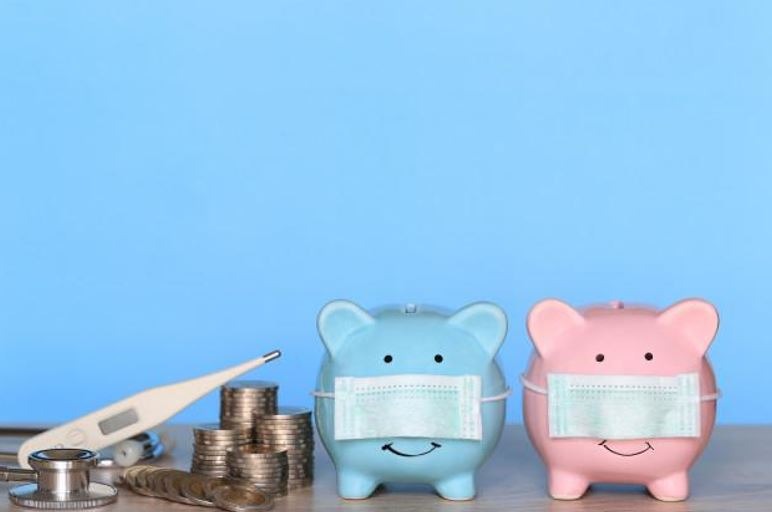During the first lockdowns that came with the spread of the coronavirus, millions of people found themselves unemployed through no fault of their own. It was an all-hands-on-deck scenario where the rules had to be rewritten, with many creditors providing deferrals to people who were waiting to get back to their jobs.
Meanwhile, there were plenty of households that went even further into debt as they tried their best to make ends meet.
With small claims court proceedings suspended, more serious collection actions were put on hold as well – but that’s now changed, and collection agencies are coming calling. Borrowers are facing tough decisions as collectors come calling, and sometimes facing dire consequences as a result of wage garnishments or having money taken from their bank accounts by courts to compensate their creditors.
Talk to Your Creditors
When courts give creditors like credit card companies or collection agencies options like seizing cash or wage garnishment, it can put you in a difficult position. Suddenly you don’t have that money you were using to pay your mortgage or keep up with essential bills.
The best way to get help with coronavirus debt is to talk to your creditors long before it comes to that. You may want to approach them yourself or look into options like debt consolidation, where you can get a certified Credit Counsellor from a non-profit credit counselling agency to assist you.
Help with Debt Consolidation
If you have a source of income, there is a lot you can do to avoid collection calls. One option is signing up for a Debt Consolidation Program (or DCP). Here’s how debt consolidation works:
- A certified Credit Counsellor negotiates reduced or stopped interest rates;
- You merge your debts into a single monthly payment;
- You set a completion date for settling your debts based on your budget.
It’s an opportunity to get some relief and be proactive in order to avoid collection calls.
How Does Debt Collection Work?
When your account becomes delinquent, i.e., you’ve missed the deadline for payment, creditors can begin to take action to collect. They’ll begin by providing written notification that you are overdue, and you will likely incur a late penalty.
If you know your payment is going to be late, now may be a good time to call them. Communication can help you avoid what comes next. Once an account is several months late, creditors may file with small claims court, sell the account to a collection agency, or commission a collector to take over the job of collecting from you. This is how you start getting collection calls and more.
Ask Creditors for Relief
As COVID relief programs wind down, household debt is becoming a serious problem, and more people are filing for insolvency. Bankruptcy can lead to asset seizure and will be a black mark on your credit score for years.
Don’t wait until you have no options. Call your creditors and explain your situation. You’re not the only one facing hardships. Creditors may be open to working with you and set up a new repayment plan as you recover.
